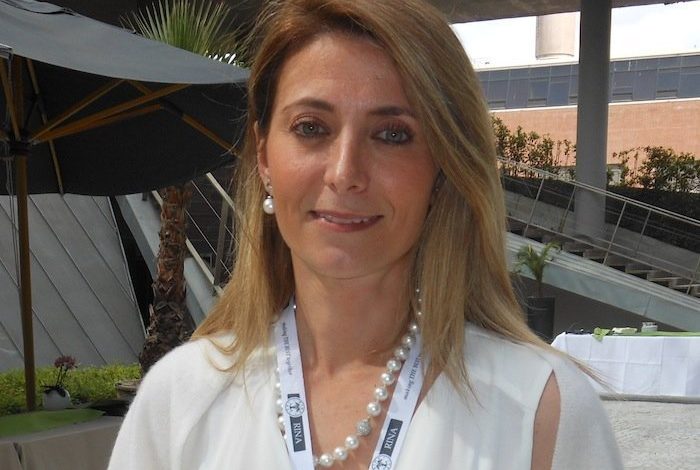Giuseppe Bottiglieri Shipping: Family business model questioned

Naples: To be family-business or not to be family-business in shipping? That’s the question Giuseppe Bottiglieri Shipping Company and some other Italians companies are dealing with in the present market cycle.
Mariella Bottiglieri, managing director of the Naples-based company founded more than 150 years ago by Captain Giovanni Bottiglieri, thinks that some important changes are taking place in the shipping industry, mainly due to the entry of the private equity and hedge funds in the sector.
“We see that some private equity investors are trying to exit the market now,” says Bottiglieri, adding that financial investors and traditional shipowners have different business approaches. “The latter looks at long-time investment returns with an industrial vision and the final aim is to hand over the firm in good health to the following generations. On the contrary, private equity funds aim at short-term financial gains and don’t care about the company’s long-term strategies. That’s why I cannot imagine a happy marriage between financial investors and traditional shipowners.”
Anyway there might be some exceptions since the family-business model might need some sort of renovation, according to Bottiglieri’s thinking. “Times are changing also in shipping and companies like ours must modernize. In my opinion a partnership between a shipping company, as a major shareholder, with a financial investor, as a minority shareholder, might fit for the future. Selling more than 50% of Giuseppe Bottiglieri Shipping Company’s shares is definitely something not of interest for us but, in the next two to three years there might be the possibility that our company will consider a partnership also with a financial investor as a minority shareholder.”
Mariella is joined by her two sisters, Alessandra and Manuela, at the helm of the famous name in Italian shipping.
Giuseppe Bottiglieri Shipping Company today controls a fleet of 15 ships: four chemical tankers (40,000 dwt), 10 post-panamax bulk carriers (95,000 dwt) and one capesize (186,000 dwt).
Talking about the crisis of seafreight in dry bulk, Bottiglieri underlines the need for a stop in new ordering.
“The main problem today is the oversupply of maritime transport capacity driven by financial investors. In the last few months and weeks the companies that are still investing in new ships are backed by funds and I cannot understand why they don’t buy second hand vessels instead of ordering new ships. Prices from the shipyards are low but these companies will put in the market low price ships operating in a very poor business. There is no economic return even for them,” she says.
Looking at the liquid bulk, Bottiglieri’s sentiment on the future trend of the market is much more promising. “The tanker market is going well fortunately, there are niche segments such as clean products cargo, West Africa region, vegetable oils and oil palm traffics that are performing well. In this business segment we are experiencing some structural changes in the traditional routes due to geopolitical and economical reasons that helped sea freights to soar up,” she concludes.

Nice family company. Leave it alone and develop with bonds to add/enhance fleet.
As very stable company look at Ferry/Cruise Ship Market.
David Price
Keeping a business in family hands for many generations requires discipline and sacrifice as well as good delegation
Brava!